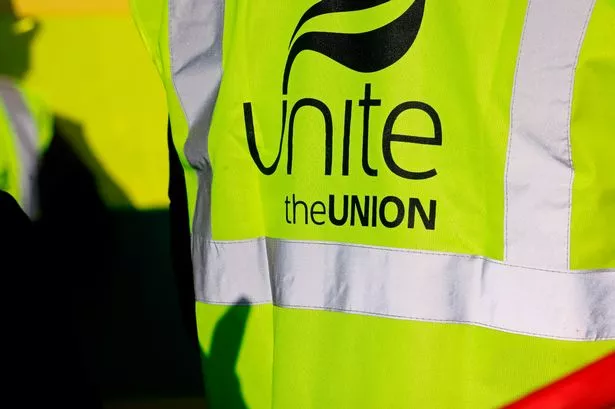UNITE Britain’s prominent union, has proclaimed an impending strike commencing next week across 23 councils and local authority bodies in England and Wales, signalling heightened tensions in ongoing pay negotiations.
The flashpoint appears to have been reached after a resounding rejection by Unite members of the local authority employers’ proposed pay increment of £1,925. This figure is perceived to be a reduction from the previous year, a move considered especially insensitive given the exacerbating cost-of-living crisis.
Chesterfield council employees, the union’s members, will be the vanguard of this industrial action, set to strike on the 30th and 31st of August. Following suit, several other councils are expected to engage in industrial action throughout September.
Ms Sharon Graham, General Secretary of Unite, commented on the situation: “Our council workers stand at the forefront, delivering crucial services to their communities. Pushing them towards financial precarity with years of real-term pay cuts is, plain and simply, unconscionable.” She further vowed Unite’s unwavering support for its members, emphasising its commitment to job enhancement, improved pay, and working conditions.
Among the English councils confirmed for the strike are Bath and North East Somerset, Coventry, Darlington, and Warrington, to name but a few. The Welsh councils partaking in the action encompass Cardiff, Gwynedd, and Wrexham, amongst others. Moreover, certain entities, including Tamar Bridge and Ferry Port, Greater Manchester Fire and Civil Defence, and Derby Homes, have cast their vote in favour of the strike, expressing solidarity.
A Unite survey conducted earlier this summer painted a rather bleak picture of the financial struggles of local authority workers. Findings indicate that almost half of the respondents find it challenging to meet utility bills, 30% face difficulties in affording basic necessities, and a disturbing 6% have resorted to food banks.
The already tense situation has been exacerbated by a letter from local authority employers, described by union officials as “dismissive and patronising”, which rejected further negotiations and deemed their pay offer as “full and final”.
Ms Clare Keogh, a national officer at Unite, criticised the local government employers’ approach, urging them to re-evaluate their stance. “Ignoring the legitimate concerns of workers who are struggling to make ends meet is not the solution. It’s high time for local government employers to emerge from their ivory towers and revisit the negotiation table,” she commented.
In the aftermath of the initial September strikes, Unite intends to ramp up their efforts, indicating longer strikes, coordinated action, and increasing participation as autumn progresses.
















